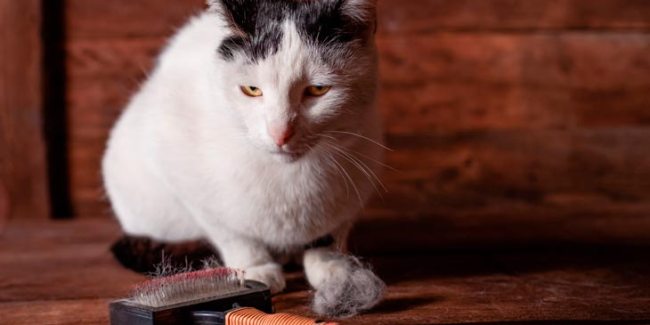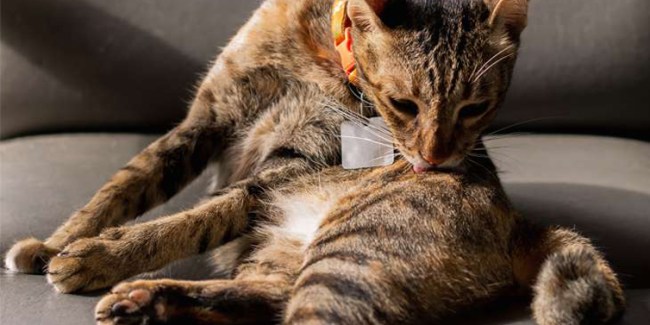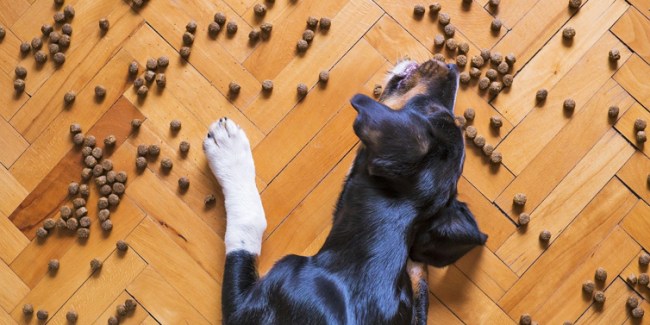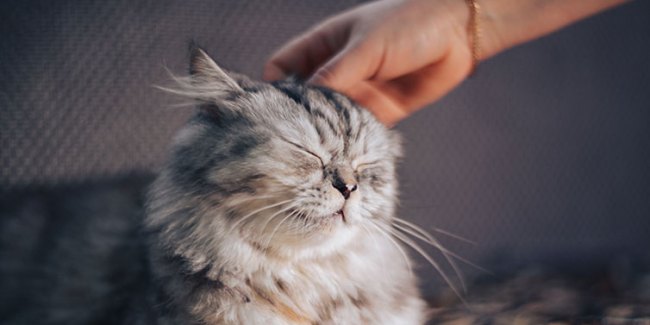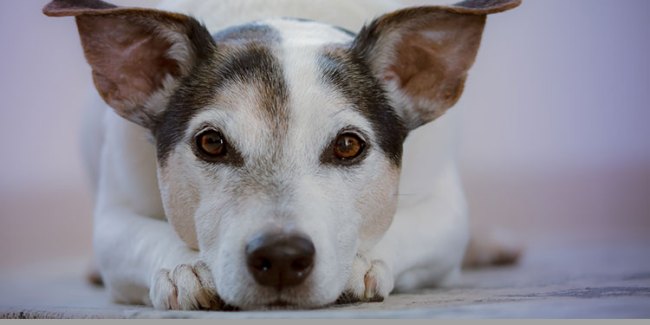When your cat is sick…
Those of you who are in the privileged position of being cat parents will know that they are, by nature, secretive and smart. They only ‘tell’ you what they want you to know, and being sick is not on that list. They are particularly clever at hiding illness. Why on earth would they want to do that? In the wild, sickness means weakness and vulnerability – it may mean an attack from another animal – so the sensible thing to do is to hide it. There are very few instances of cats being attacked by crocodiles or rampaging elephants in suburban homes, funnily enough, but your moggie still retains the instinct to protect him/herself by hiding any illness, if possible.
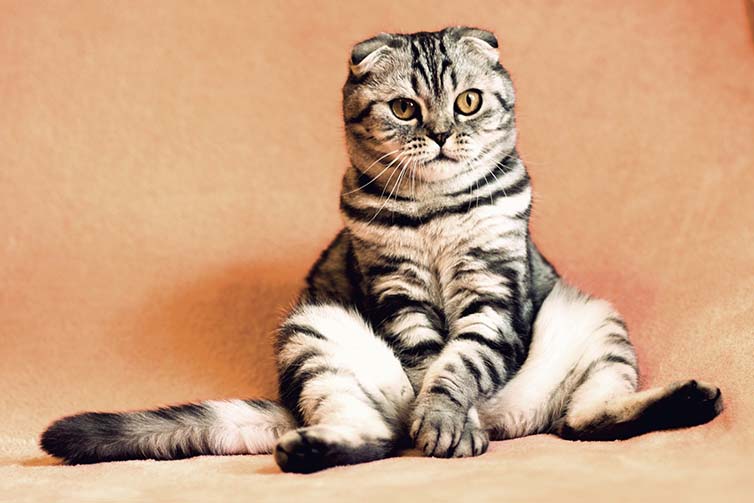

There’s another reason for this behaviour: cats, like other animals, tend to simply accept any pain or illness as normal, in the sense of ‘That’s life; suck it up.” It’s a great philosophy, but it can be dangerous when the illness may be serious. So, moggie parents need to be on the look-out for any signs of sickness or injury, without becoming neurotic. If you are a neurotic cat parent, try to avoid Dr Google, as you are sure to discover that your moggie has a dire and dreadful illness, which actually turns out to be something harmless.
Let’s imagine that you have a delightful and beautiful Maine Coon girl called Moxy.
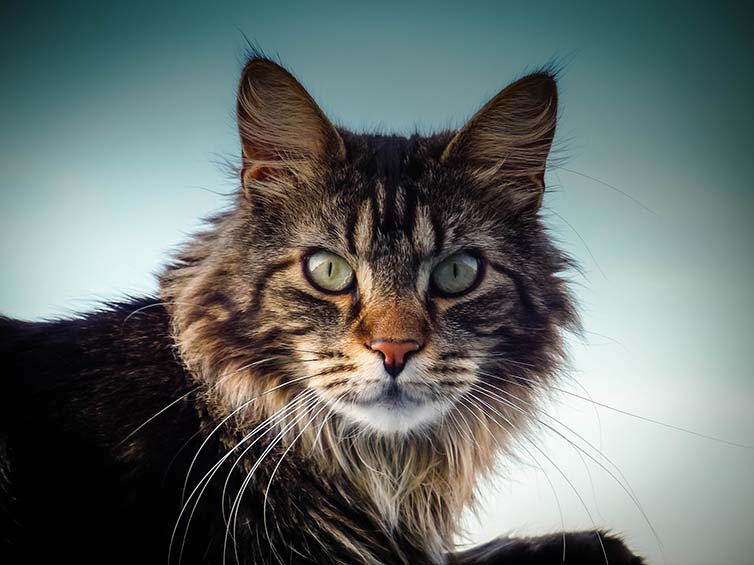
What are the signs of illness or injury that I need to look out for?
Never ignore any signs of illness, or a significant change in behaviour, in your cat. If in doubt, contact your vet.
Bear in mind that by the time you realise that Moxy is ill, she may have had the illness for some time.
Vomiting
Occasional vomiting may simply be a hairball, but chronic vomiting is not normal in cats and needs to be checked out by the vet.
Diarrhoea
If possible, take a stool sample to your vet. Diarrhoea may be a symptom of eating something disgusting, parasites or other diseases. If it carries on, Moxy may become dehydrated and it can cause inflammation. It is also very uncomfortable and she will become an unhappy cat.
No appetite
Again, not eating for a day or so is not a cause for alarm, but loss of appetite for any longer can be indicative of an underlying illness. Contact your vet if this goes on for longer than a day or so.
Increased appetite
Believe it or not, an increase in appetite may also be a sign of illness. In older cats it may be a sign of hyperthyroidism, which needs to be treated by your vet. In any case, overeating can lead to obesity which is a health problem.
Weight changes, whether a loss or gain, may indicate underlying health problems and need to be checked out by your vet.
Lethargy
If Moxy sleeps more than usual and is reluctant to leave her bed, she needs to be checked out. It may suggest an underlying illness
Increased thirst
You may rarely see Moxy drinking water, so if you start noticing that she is drinking more than usual, you need to get it checked out. It may be a sign of kidney or urinary tract problems, as well as diabetes.
Breathing changes
Shortness of breath, rapid breathing or wheezing are not normal and need to be checked out straight away.
Discharge from eyes, nose or ears
These may suggest an infection and might be serious enough to make Moxy stop eating. Discharge from the ears may suggest parasites. If not treated these infections may cause injury to the eardrum and might be very painful.
Increased vocalisation
It is possible that an increase in ‘miaowing’ or other sounds, may indicate illness or pain. On the other hand, it could simply be boredom.
Skin/hair problems
This may be painful and/or itchy and might suggest parasites or allergies. It needs to be checked out and treated by your vet.
Behavioural changes
If Moxy, who is normally friendly and happy, shows signs of aggression or fear, or if she shows signs of confusion or disorientation, then you need to get her checked out by the vet. If she insists on sitting in a hunched position or sits upright most of the time, this is possibly sign of pain and/or an underlying illness which needs to be treated by your vet.
Bad breath
Moxy’s breath will never smell of roses but if it’s bad she may have dental problems which need to be checked out. It may simply mean that her teeth need to be checked and cleaned (Unless you want to be shredded, we suggest that you do not attempt this yourself.) or there may be more serious dental problems, like gingivitis. Any infection can affect her whole body which can lead to heart problems, so it needs to be treated.
Grooming problems
If Moxy, starts overgrooming, it may be that she is suffering from anxiety or that she is simply bored and wants attention, or it could be a skin problem or pain somewhere. If it continues, ask your vet to check it out. On the other hand, undergrooming may indicate that she is ill and can’t be bothered to groom herself (some of us can relate), so that her fur might become matted and dirty. Increased shedding may be a sign of illness or a skin allergy.
Swelling
If you notice any swelling that has not been checked out by your vet previously, it may be a wound that has become an abscess or some kind of tumour, which is not necessarily malignant. Put your mind at rest – not Moxy’s mind; she doesn’t care – and let your vet check it out.
Difficulty jumping up and/or limping
These could be a sign of injury or possibly arthritis. Check for injury; if the symptoms continue, let the vet check her out.
How do I care for Moxy if she’s sick?
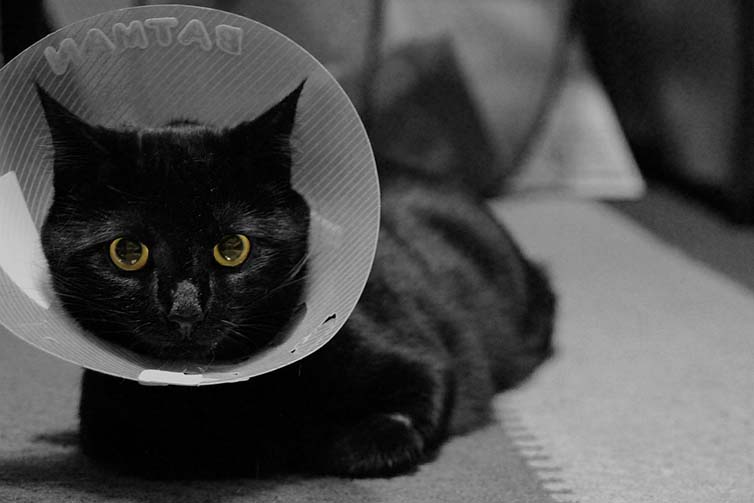
The following illnesses should be checked out by your vet first before you attempt any ‘treatment’.
Prolonged Vomiting and diarrhoea
If either of these occur for longer than 24 hours, consult your vet. For a cat who is vomiting or has diarrhoea, allow access to water and then offer her a tiny bit of boiled, skinned chicken breast or white fish. Give a little more after a couple of hours. Keep this diet going for a couple of days, then gradually add her usual food.
Cat flu
This is caused by a virus and Moxy will feel somewhat miserable with the symptoms of a bad cold. You should take her to the vet if you see these symptoms. She may get mouth and eye ulcers and have loss of appetitie. Wipe any discharge from her eyes or nose with salt water: a teaspoon of salt in half a litre of water.
Feline lower urinary tract diseases (FLUTD)
FLUTD covers a group of cat diseases with different causes. It often occurs in cats who are unfit, overweight or eat only dry food. Stress and changes in the home can also increase the risk of FLUTD. Symptoms include:
- blood in urine
- difficulty urinating,
- drinking more
- crying when urinating
- licking urinating area
- lack of appetite
- vomiting
Contact your vet if you suspect that your cat has a urinary tract infection.
Skin problems
Bathe itchy or painful patches with salt water (1 teaspoon in half a litre of water) and if necessary, prevent licking (continuous licking doesn’t heal and may increase irritation) by using an Elizabethan collar (Often aptly named; The Collar of Shame are a pro).
If fleas are a problem, Bravecto® Tick and Flea treatment for cats is very effective and lasts for 3 months.
Post-surgery
If Moxy has had surgery, your vet will advise you about any special treatment, but generally, keep her as quiet and warm as possible, in an area which is inaccessible to other pets and small children. If you keep her inside, you will need to provide her with a litter tray. If she has stitches and attempts to extract them, you may want to consider using an Elizabethan collar. Keep an eye on her and if she deteriorates in any way, contact your vet. Your vet will advise you about her diet – depending of course on the nature of her surgery – but a light diet, of perhaps boiled chicken or fish, is usually appropriate until she is feeling better.
And finally …
Cats are very good at keeping themselves well and healthy, but sometimes they contract diseases that they cannot deal with. Because signs of a serious illness may be very subtle, many vets recommend a yearly check-up.
We wish you much joy of your furry, fabulous, feline friend!
ZA-NON-211000035

Subscribe to our Newsletter
Get to know your furry friend better! Sign up for all things dog- or cat-related.
The Hairy Facts about the dreaded hairball
12 April 2021
Help! My dog’s barking mad! Volume 2
12 April 2021
Your Itchy, Scratchy Cat – All About Cat Skin Problems
12 April 2021
The Dog’s Diet: A Bone of contention?
01 April 2021
Mango Fly Worms: How to Spot and Eliminate them
Posted on November 28,2019
Managing Mange And Mites In Your Dog
Posted on June 11,2018
Why Do Cats Purr and How? Learn What Your Cat Is Saying
Posted on October 14,2020
How to Get Rid of Ear Mites in Dogs
Posted on November 06,2019


